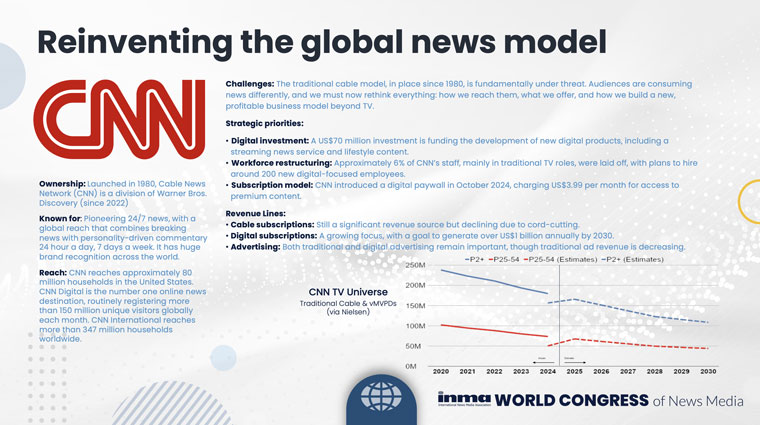The landscape of journalism is shifting dramatically, and the Financial Times is at the forefront of a troubling trend that puts profits over public good. As the cost of digital access to quality reporting skyrockets to €69 per month, it raises critical questions about who really gets to access vital information in our society. Are we witnessing a new era of information inequality?
Price Hikes Fueling Access Inequality
The Financial Times is not alone in their pricing strategy. Many news outlets are moving toward subscription models that often exclude marginalized voices. A hefty fee for digital access means that only those with disposable income can afford quality journalism. This model, as highlighted in a recent analysis, shows a troubling pattern where the wealthiest can pay for privileged information while lower-income communities are left in the dark.
Digital Paywalls Reflect Socioeconomic Divides
According to a study from the Centre for Media Transition, the rise of digital paywalls is contributing to a bifurcated information ecosystem. The wealth gap isn"t just about income; it"s also about access to information that affects people"s lives. As news consumption increasingly shifts to digital platforms, those without the means to pay are left behind.
\n\n
Journalists turn to picket lines as the news business ails ...
Impact on Workforce and Journalistic Integrity
Journalism should serve the public interest, yet the push for profit is compromising that mission. The future of digital journalism hinges on a precarious balance between financial sustainability and editorial independence. As outlets like the Financial Times prioritize subscription revenue, they risk alienating their core audience and potentially compromising the integrity of their reporting.
Are We Paying for Content or Compliance?
The shift toward subscription-based models raises another uncomfortable question: Are we paying for content or compliance? As reported by a recent study, retention strategies for subscription services often focus on locking consumers into long-term commitments, rather than providing real value. This indicates a worrying trend where journalism is commodified and tailored to the interests of affluent readers rather than being a public resource.
\n\n
INMA: CNN CEO says news company Web site will focus on ...
Need for a New Model of Journalism
What is clear is that the current model is failing many. The move toward exclusive digital access is an affront to the principles of democracy and transparency. We need to advocate for a new model of journalism that prioritizes accessibility and accountability over profit margins. The voices of the voiceless deserve to be heard, and that cannot happen when information is treated as a luxury good.







![[Video] Gunfire between Iraqi security forces and Sadr militias in Baghdad](/_next/image?url=%2Fapi%2Fimage%2Fthumbnails%2Fthumbnail-1768343508874-4redb-thumbnail.jpg&w=3840&q=75)
